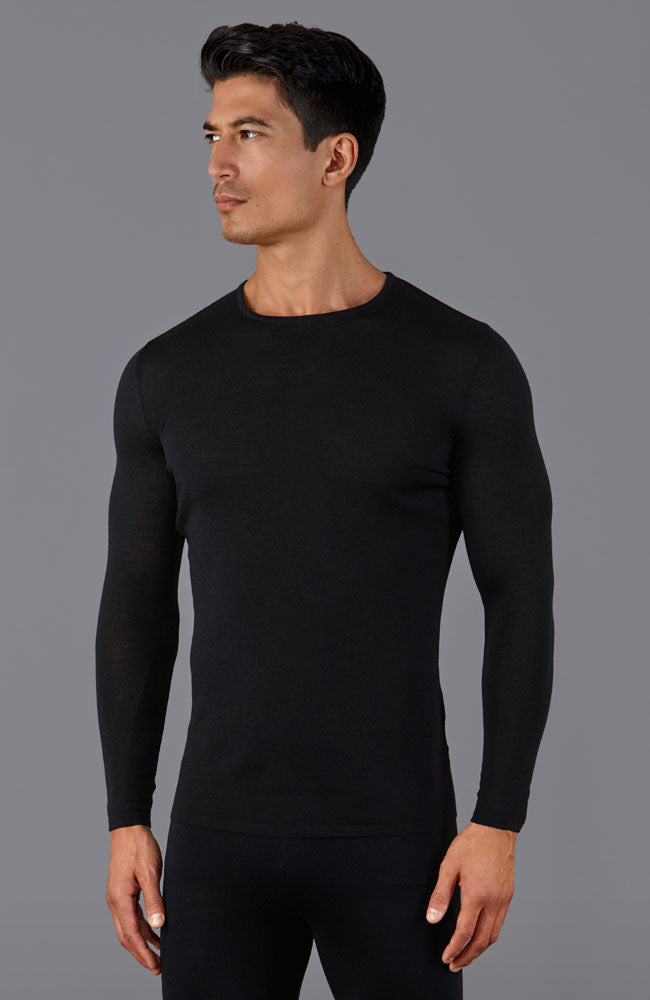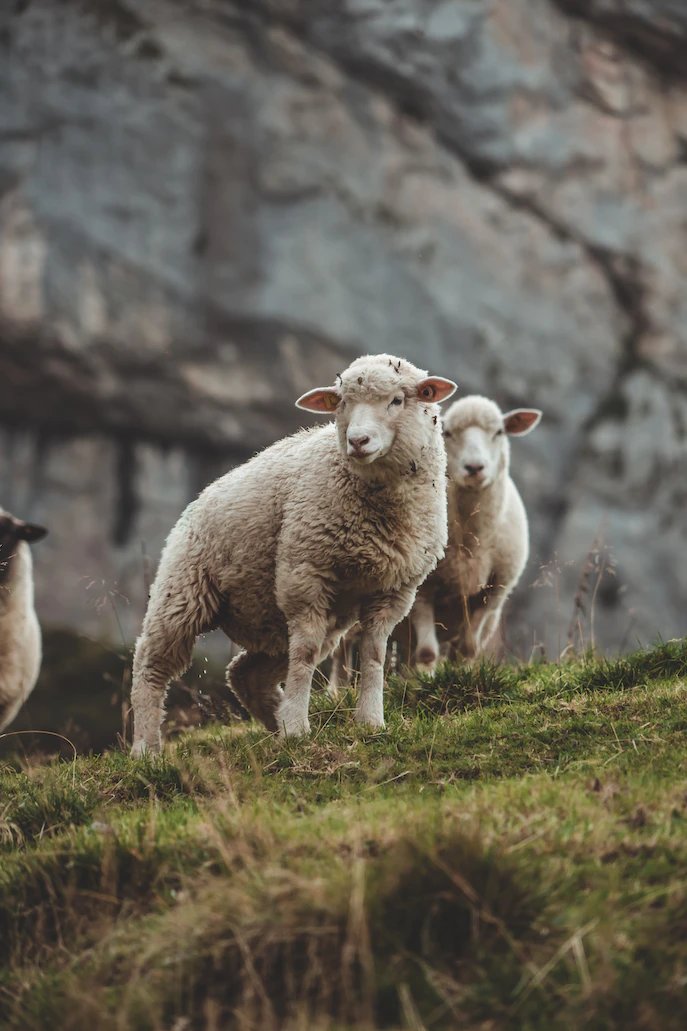Excellent Bamboo Clothing Tips
Wiki Article
Why Is Yak Wool Merino So Popular As A Base Layer In Winter Sports Clothing?
Yak merino wool base layer are highly effective for winter sportswear due to a combination of qualities and benefits derived from both yak and merino wool- Warmth- Yak wool is known for its remarkable warmth. It is made up of hollow fibers that hold in air, thereby providing superior insulation. Merino is a combination of merino, and the resulting fabric provides excellent warmth.
Merino wool is moisture-wicking, which means it can draw moisture away from your body, and then release it into the air. This helps keep your body dry. Yak wool also has properties for wicking moisture. This combo regulates your body's temperature, keeping moisture out of the skin, even during vigorous physical activity in cold weather.
Merino Wool is known for its softness and comfort. Its fine fibers are less likely than other wools to cause irritation. When paired with yak wool, which also has soft and silky fibers, the resulting fabric feels comfortable against your skin.
Odor Resistant- Merino and yarns made of yak wool also have antimicrobial qualities that help to prevent the development of bacteria that create smells. The garment stays fresher, even if it is used for extended periods.
Durability Yak and merino are both durable materials. They combine to create a material that is able to withstand the wear and tear of outdoor and sports activities.
Temperature Regulation Yak Wool Base Layers are breathable and possess insulation properties that help regulate body temperature. This keeps the wearer warm during cold conditions but also keeps them warm.
Merino Wool and Yak Wool are renewable, biodegradable and biodegradable which make them green options for winter sportswear.
Yark merino base layer is a combination of warmth, comfortability, water management, and toughness. It is ideal for outdoor activities in cold temperatures. See the top rated merino wool base layers recommendations for website advice including best mid layer skiing, merino wool long underwear women's, wool underlayer, smartwool long sleeve, first lite merino wool base layer, smartwool 250, smartwool 250 base layer bottoms, best base layer for skiing, smartwool classic thermal, merino wool base layer sale and more.

What Are The Advantages Of Wearing Bamboo Clothes In Terms Of Softness And Antibacterial Properties, Renewability And Durability?
Bamboo clothing comes with many benefits such as the softness, antibacterial properties, and durability.
Bamboo fabric is an exquisite and silky texture, which is often likened to other luxurious fabrics such silk or cashmere. It feels soft and smooth against your skin, offering a comfortable and pleasant wearing experience.
Antibacterial Properties-
Natural Antimicrobial Qualities- Bamboo contains a natural antimicrobial agent called "bamboo kun." This ingredient prevents the spread and growth of bacteria that can cause odors and fungi.
Durability-
The strength of bamboo fibres although soft, can be very robust and durable. Bamboo-based clothing can be worn repeatedly without deteriorating in quality.
Renewability-
Rapid Growth - Bamboo is a highly renewable resource that is able to grow rapidly without the need for pesticides or fertilizers. Bamboo can be harvested in a very short period of time, and can reduce the impact on the environment.
Sustainability-
Sustainable Producing- Bamboo cultivation and processing has typically a smaller environmental impact than the production of synthetic material. Bamboo's rapid growth, its low water requirement, and its ability to thrive in a variety of climates all contribute to its sustainability.
Biodegradability-
Natural Breakdown - Bamboo clothing is biodegradable, which means it is able to decompose in a natural manner at the end of its life cycle. This feature reduces waste that is not biodegradable in landfills. Additionally, it helps reduce the amount of pollution.
Hypoallergenic Qualities-
Bamboo fabric is not as likely as other synthetic substances to cause irritation on the skin, or cause allergic reactions. This makes it a great option for those with sensitive skin.
The combination of the softness and antibacterial properties, as well as durability, renewability, and sustainability makes bamboo clothing a popular choice for those seeking practical, comfortable and sustainable clothing. These characteristics create a pleasant and environmentally friendly experience. Take a look at the top rated bamboo clothing tips for website info including bamboo baby clothes, bamboo dress shirt, bamboo yoga clothing, bamboo top, shakuhachi clothes, bamboo fishing shirts, bamboo onesies, bamboo tee shirts wholesale, bamboo bed clothes, bamboo pants ladies and more.
What Are The Major Differences Between Bamboo And Merino Clothes?
Merino Wool Bamboo Clothing, Regular Wool possess distinct characteristics that make them distinctive.
Merino's soft, silky fibers make it comfortable against your skin. It's less likely than wool that is more traditional to cause irritation and itching.
Merino Wool is a Moisture Wicking. Merino wool wicks moisture from the skin and allows it to evaporate and keep the wearer dry and comfortable.
Merino is a great insulation when wet. It regulates body's temperature, and acts as an insulation in cold weather.
Odor Resistant- It stops the growth of bacteria which create smells. It keeps your clothes fresh and clean after prolonged wear.
Bamboo Clothing
Softness- Bamboo clothing's silky feel is often compared with silk or cashmere. It's silky soft on the skin offering a luxurious sensation.
Bamboo fabric has moisture-wicking properties that draw out moisture and keep your dry.
Temperature Regulation- Bamboo clothing has natural temperature-regulating abilities, offering warmth in winter and breathability to prevent overheating.
Sustainability- Bamboo grows rapidly and without pesticides or fertilisers. Bamboo is biodegradable, which means has a low impact on the environment.
Regular Wool
Texture: Wool may vary in texture with some types being coarser and more prone to causing itching or discomfort.
Warmth- Regular wool provides excellent insulation and warmth, but it can sometimes appear heavy or bulky.
Moisture Absorption- Wool can absorb moisture, which makes it less effective in moisture-wicking as compared to merino wool and bamboo fabric. However, it retains warmth even in damp conditions.
Merino's advantages include the softness, moisture-wicking capacity, resistance to odor, and insulation. Bamboo clothing has a soft texture, moisture-wicking abilities, temperature regulation and long-term sustainability. Regular wool is different in texture, and may not offer the same moisture-wicking properties or softness as bamboo or merino however it offers insulation and warmth. Each material caters to different preferences, and each has distinctive advantages. Take a look at the top https://www.koraoutdoor.com/ for website tips including wool long johns women's, best merino wool base layer women's, first lite merino wool base layer, best merino wool base layer women's, best base layer for skiing, merino wool thermals women's, best baselayers for skiing, 400g merino wool base layer, best mid layer skiing, smartwool base layer and more.

